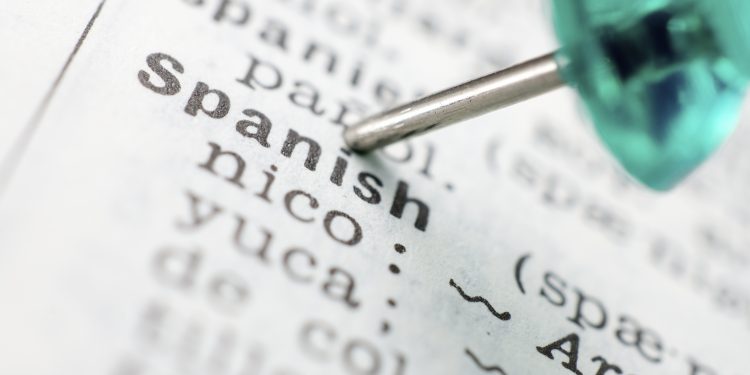As in English, the g in Spanish has a hard sound before the a, the o, the u, or any consonant, and a soft sound before the e and the i. The difference is that the soft g in Spanish sounds like the “ch” in German achtung or Bach, rather than the j as in jet.
The soft G
When the soft g sound is required before a, o, or u, the j is used in Spanish (the j always sounds like the soft g, no matter what vowel follows):
Escoge un libro — Choose a book (familiar);
Escoja un libro — Choose a book (formal), since the formal imperative uses a subjunctive form.
The hard G and its ‘W’ sound
On the other hand, when a hard g is required before an e or an i, the u is placed before the vowel:
Guerra (war);
Guiño (wink).
The g followed by u and an a sounds quite close to the English w:
Agua, water (prounounced AH’-wah); or the trendy
Guacamole, (wah-ca-MOH’-leh).
To produce the w sound when ‘gu’ precedes an e or an i, the diéresis (dieresis or umlaut), is used. In fact, that’s its only function in Spanish:
So güera — blonde woman — is pronounced WEH’rah, but guerra (war) is pronounced GEH’rah (with a hard g as in get, and a double r trill).
Guirnalda, or garland, is pronounced with a hard g, but güiri güiri — chatter or chatterbox — is pronounced WI’-ri WI’-ri.
The hard and soft C
The Spanish c is very similar to the English: a hard sound before a, o and u, and soft sound like s before e and i. (NB: In Mexico, the soft c and the z take s sounds, unlike the ‘th’ sound in Spain.)
When you want a hard c sound before an e or an i, Spanish substitutes ‘qu’ for the c:
Me rasco la espalda — I scratch my back; but
¡No te rasques! — don’t scratch!
Mosco, fly; but
mosquito (literally ‘little fly’).
The soft c sound before a, o, and u is produced with z (except for words that are spelled with s), such as in plaza, ¡golazo! or zumbar (buzz).
But z followed by e is usually changed to c:
Tú rechazas mis consejos — You reject my advice; but
No me rechaces — Don’t reject me.
A note about E
E is usually preceded in Spanish with c instead of z; zero is spelled cero, for example. But there are exceptions. Zebra can be spelled cebra or zebra, New Zealand is spelt Nueva Zelanda or Nueva Zelandia, and the letter z is spelled zeta.
Mexico in your inbox
Our free newsletter about Mexico brings you a monthly round-up of recently published stories and opportunities, as well as gems from our archives.




Thank you! Well done.